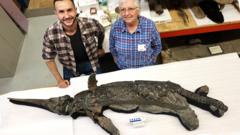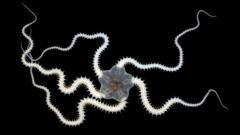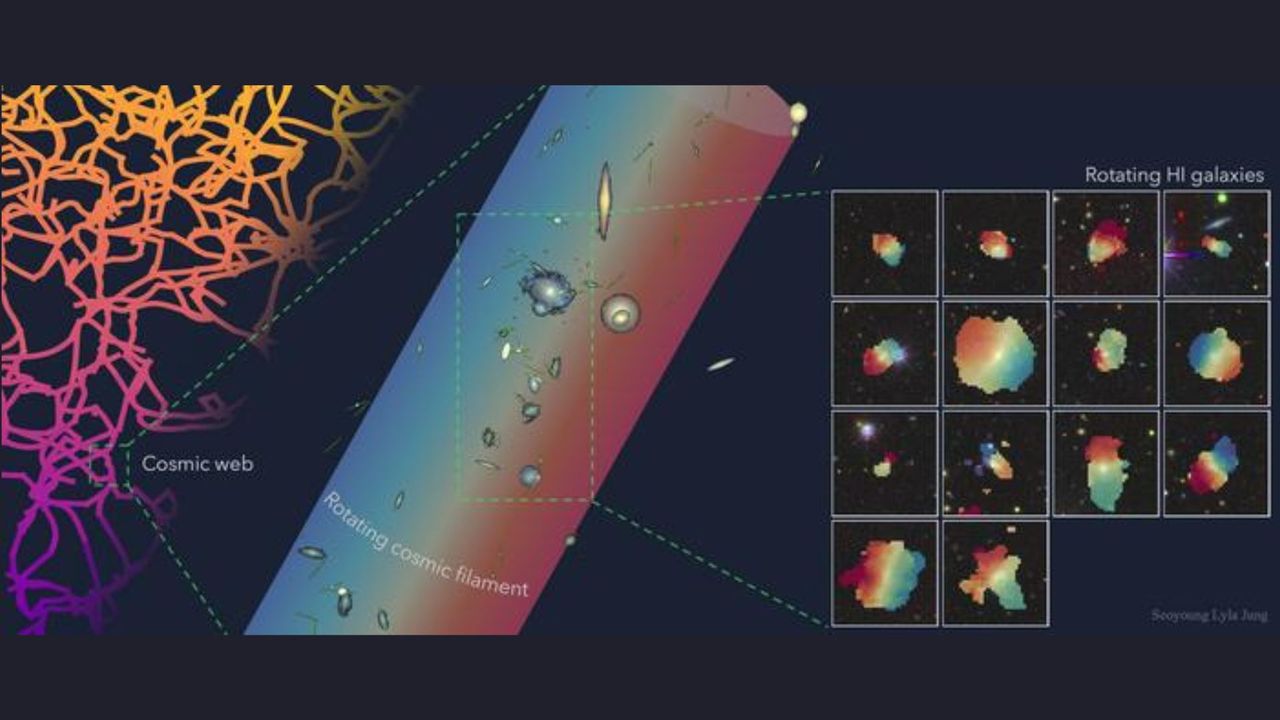Fossil found on Dorset coast is unique 'sword dragon' species
PositiveScience

A unique species of marine reptile, dubbed the 'sword dragon', has been discovered on the Dorset coast, marking a significant find in paleontology. This fossil not only adds to our understanding of marine life in the past but also highlights the ongoing importance of fossil discoveries in revealing the history of our planet. Scientists believe this creature likely faced a dramatic end, sparking curiosity about its life and environment.
— via World Pulse Now AI Editorial System
/https://tf-cmsv2-smithsonianmag-media.s3.amazonaws.com/filer_public/62/01/62019da1-dd28-4322-aca0-0ec598b63235/7402439760_6437bcb924_k.jpg)



